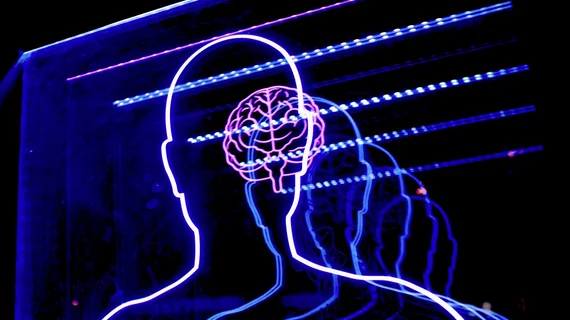AI enhances brain MRI scans to better classify Alzheimer’s disease
Artificial intelligence can be used to enhance brain MRI scans and potentially detect warning signs for Alzheimer’s disease before symptoms first arise.
The findings come by way of Boston University School of Medicine researchers who created an advanced AI framework known as a generative adversarial network. Learning from MRI scans taken on both 1.5 Tesla and 3T machines, the model generated images that better predicted Alzheimer’s compared to using 1.5T machines alone.
This could be crucial news for the growing number of people ages 65 and older and the estimated $305 billion in total healthcare costs spent on Alzheimer’s treatment last year alone, the researchers explained Sunday in Alzheimer’s Research & Therapy.
"Improving the diagnostic accuracy of Alzheimer's disease is an important clinical goal,” corresponding author Vijaya B. Kolachalama, PhD, assistant professor of medicine at BUSM, said in a statement. “If we are able to increase the diagnostic accuracy of the models in ways that can leverage existing data such as MRI scans, then that can be hugely beneficial.”
Kolachalama and co-investigators developed their model using MRI scans from 151 participants who took part in the Alzheimer’s Disease Neuroimaging Initiative. They later validated the technique using more than 100 images gathered from an Australian study on aging along with more than 550 scans from a University of Washington Alzheimer’s center in Seattle.
Overall, mean area under the curve scores increased with the help of the model-generated scans, the authors reported.
Going forward, the researchers say they will expand their study to include cases of mild cognitive impairment, classifying subjects into those who will remain cognitively healthy and patients who may decline into dementia

